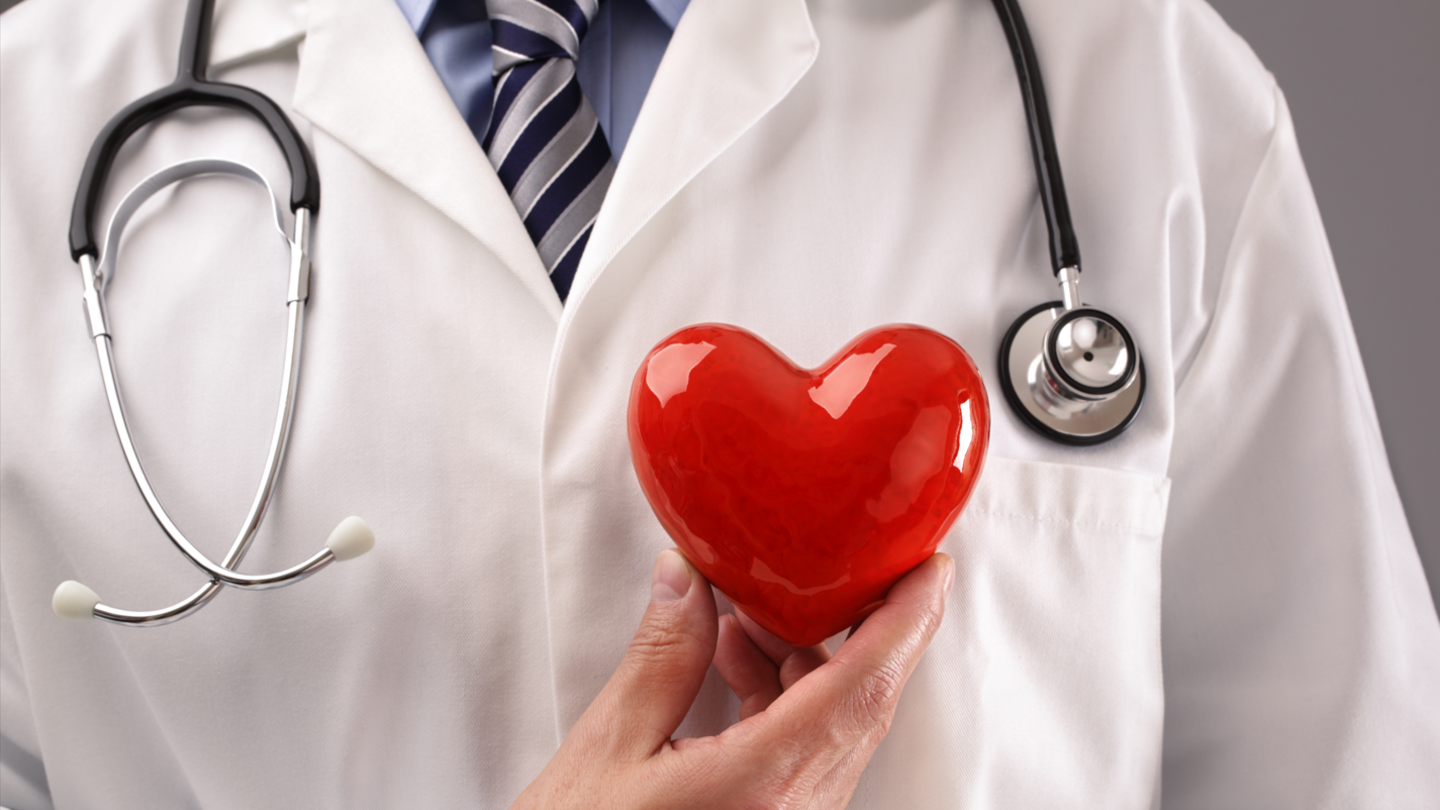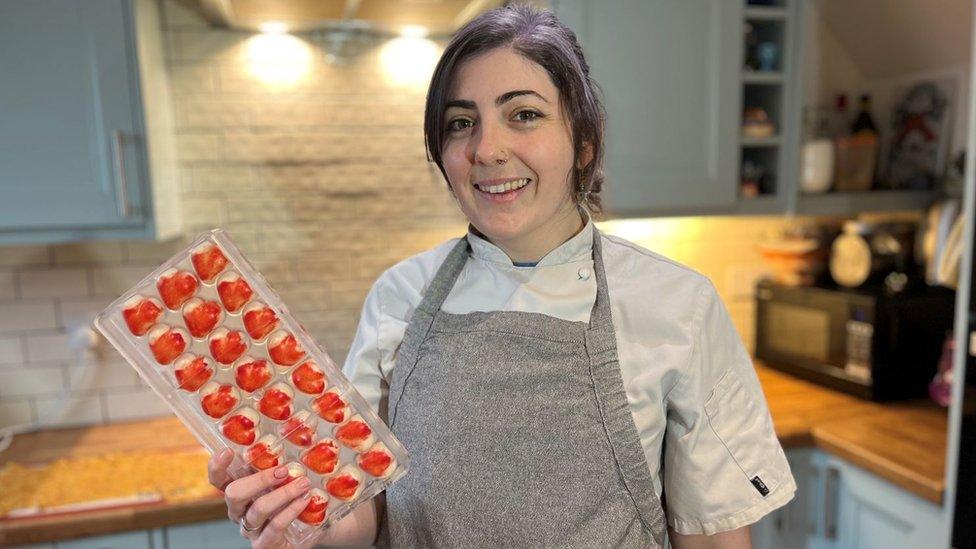Love and heartbreak physically affect your heart

Falling in love can have an impact on your heart
- Published
It’s Valentine’s Day – and all around us are hearts.
Not beating, pumping hearts, but big, red ones.
But is there any connection at all between our hearts and love?
Well, it turns out love can make all the difference to the health of our heart. For better, or for worse.
"Warm". "Buzzing". "Complete".
People in Newcastle have a lot of words to describe the feeling of being in love. But those feelings could have a physical origin.
Interventional cardiologist Professor Vijay Kunadian, a scientist at Newcastle University, says being in love can cause the release of chemicals such as dopamine which can make you calm, and can give a sense of pleasure.
But falling in love doesn't just make us feel better emotionally. Studies suggest it can also have physical benefits.
Prof Kunadian says it’s good for your blood vessels and heart.
Another chemical is oxytocin, which she says can also keep blood vessels in a relaxed state. Oxytocin has an anti-inflammatory effect, and she says studies suggest it can even help repair damaged heart muscles.
Broken Heart Syndrome
But the feelings - and effects on our bodies - can be more dramatic during a break-up.
"You cannot get good sleep," said one man. "You are always in your own mind thinking about that woman.
"They are not good feelings."
When our hearts are broken, the heart is vulnerable to the different chemicals released.
These can lead to what Prof Kunadian says is widely recognised in the medical profession as Broken Heart Syndrome - or Takotsubo cardiomyopathy, external.
Professor Kunadian, who treats cardiac patients at the Freeman Hospital in Newcastle, says when we suffer a sudden emotional impact it can have an immediate effect on the heart.
The shock can cause catecholamine hormones to be released suddenly, which Prof Kunadian says can cause the heart to balloon and lead to coronary microvascular dysfunction.
“Patients can present as if they are having a full blown heart attack,” she says.
Most patients recover within weeks, but in some cases it can be fatal.
Professor Kunadian says: “When all three of the coronary arteries are constricted, plus your heart muscle is not working anymore, people could end up not surviving the event.”
So how can you look after your heart?
The answers, according to Professor Kunadian are to eat well, have a calm mind, to think positively, and to find things, people, or even pets that make you happy.
The NHS would also add both diet and exercise play a key role, external in our heart’s health.
Follow BBC North East on X (formerly Twitter), external, Facebook, external and Instagram, external. Send your story ideas to northeastandcumbria@bbc.co.uk.
More stories from BBC North East and Cumbria
- Published14 February 2024

- Published14 February 2024

- Published14 February 2024
